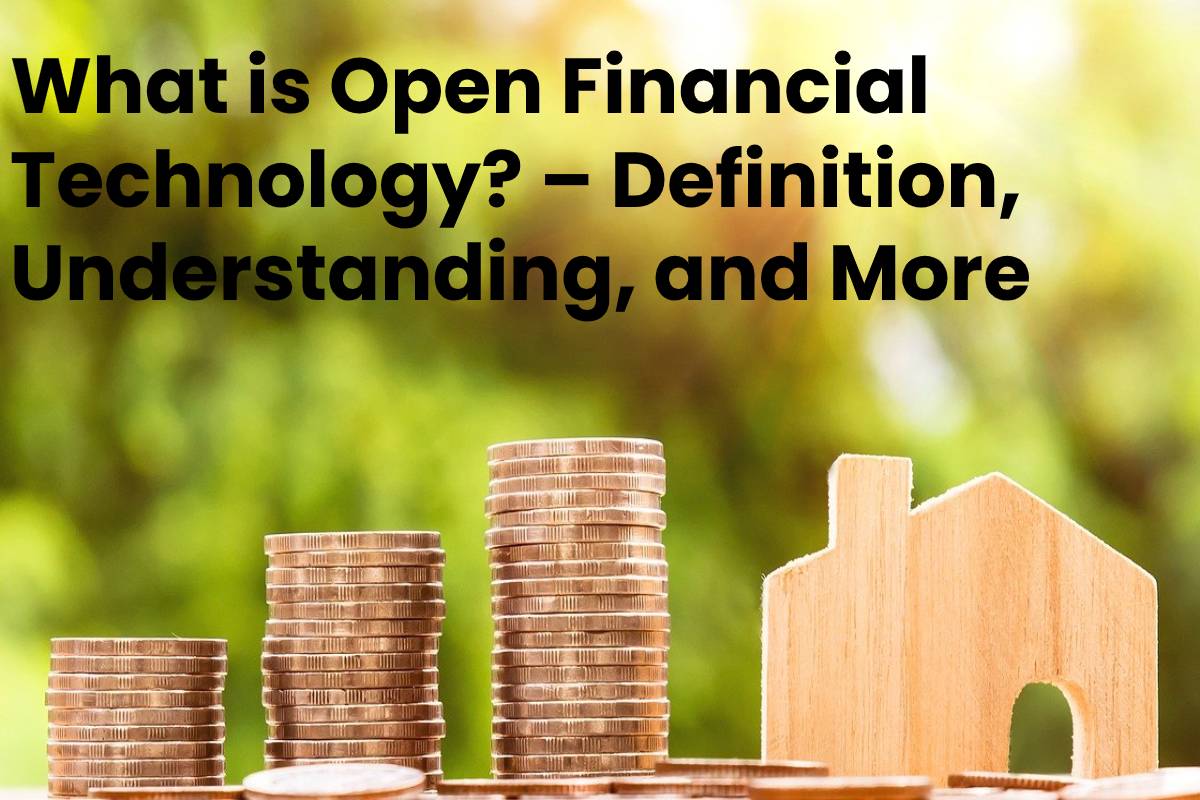Table of Contents
Definition
Open Financial technology (Fintech) uses to describe new technology that seeks to improve and automate financial services delivery and use.
In essence, Financial Technology is used to help businesses, business owners, and consumers better manage their financial operations, processes.
And lives by using specialized software and algorithms that are used in computers and, increasingly, smartphones.
Fintech, the word, is a combination of “financial technology.”
When financial technology emerged in the 21st century, the term was initially applying to the technology employed in established financial institutions’ back-end systems.
Financial Technology now includes different sectors and industries such as education, retail banking, fundraising and non-profit, and investment management, to name a few.
What is the Understanding of Financial Technology?
The term ‘fintech’ is to any innovation in the way people conduct business transactions, from the invention of digital money to double-entry bookkeeping.
Financial Technology now describes various financial activities.
such as money transfers, depositing a check with your smartphone, skipping a bank branch to apply for credit, raising money for a new company.
What are the Key ideas of Financial Technology?
Financial Technology refers to integrating technology into the offerings of financial services companies to improve its use and delivery to consumers.
It works primarily by breaking down the offerings of such companies and creating new markets for them.
Startups disrupt headlines in the finance industry by expanding financial inclusion and using technology to lower operating costs.
What is Practice in Financial Technology?
The most talked-about Financial Technology startups share the same trait.
It is design to threaten, challenge, and eventually encroach on entrenched traditional financial service providers.
By being more agile, serving an underserved segment, or providing fast and fast service.
To get better.
What are the Examples of Financial Technology?
For example, Affirm, a Financial Technology company in the United States.
This seeks to exclude credit card companies from the online purchasing process by offering consumers immediate short-term loans for purchases.
While the rates can be high, Affirm claims to offer a way for consumers with bad credit or no credit, secure credit, and build their credit histories.
Similarly, Better Mortgage seeks to streamline the home mortgage process with a digital-only offering.
That can reward users with a verified pre-approval letter within 24 hours or later.
What are the Horizons of Expansion of Financial Technology?
Until now, financial services institutions offered a variety of services under one umbrella.
The scope of these services covered a wide range from traditional banking to mortgage and commercial services.
In its most basic form, open Financial Technology breaks these services down into individual offerings.
Combining optimized offerings with technology enables Financial Technology companies to be more efficient and reduce the costs associated with each transaction.
If one word can describe how many open Financial Technology innovations have affected traditional commerce, banking, financial advice, and products, it is ‘disruption.’
Like financial products and services that were once the purview of branches, vendors, and computers from desktop to mobile devices.
What are the Users of Financial Technology?
There are four broad categories of users for fintech
- Business to business – for banks
- their commercial customers
- Firm to the consumer for small businesses
- consumers
And also, Trends toward mobile banking, increased information, data and analytics.
And decentralization of access will create opportunities for the four groups to interact in hitherto unprecedented ways.
As for consumers, as with most technology, the younger you are, the more likely they are to know and accurately describe what Financial Technology is.
Some Financial Technology watchers believe this focus on millennials has more to do with the size of that market than Gen X and Baby Boomers’ interest in using fintech
If they intended to accept credit card payments, they would have to establish a relationship with a credit provider and even install infrastructure, such as a fixed-line card reader.
Now, with mobile technology, those obstacles are a thing of the past.
Also read: What is an Ather 450 Electrical Scooter? –About, Specifications, and More
- READ MORE:- beambuidls


